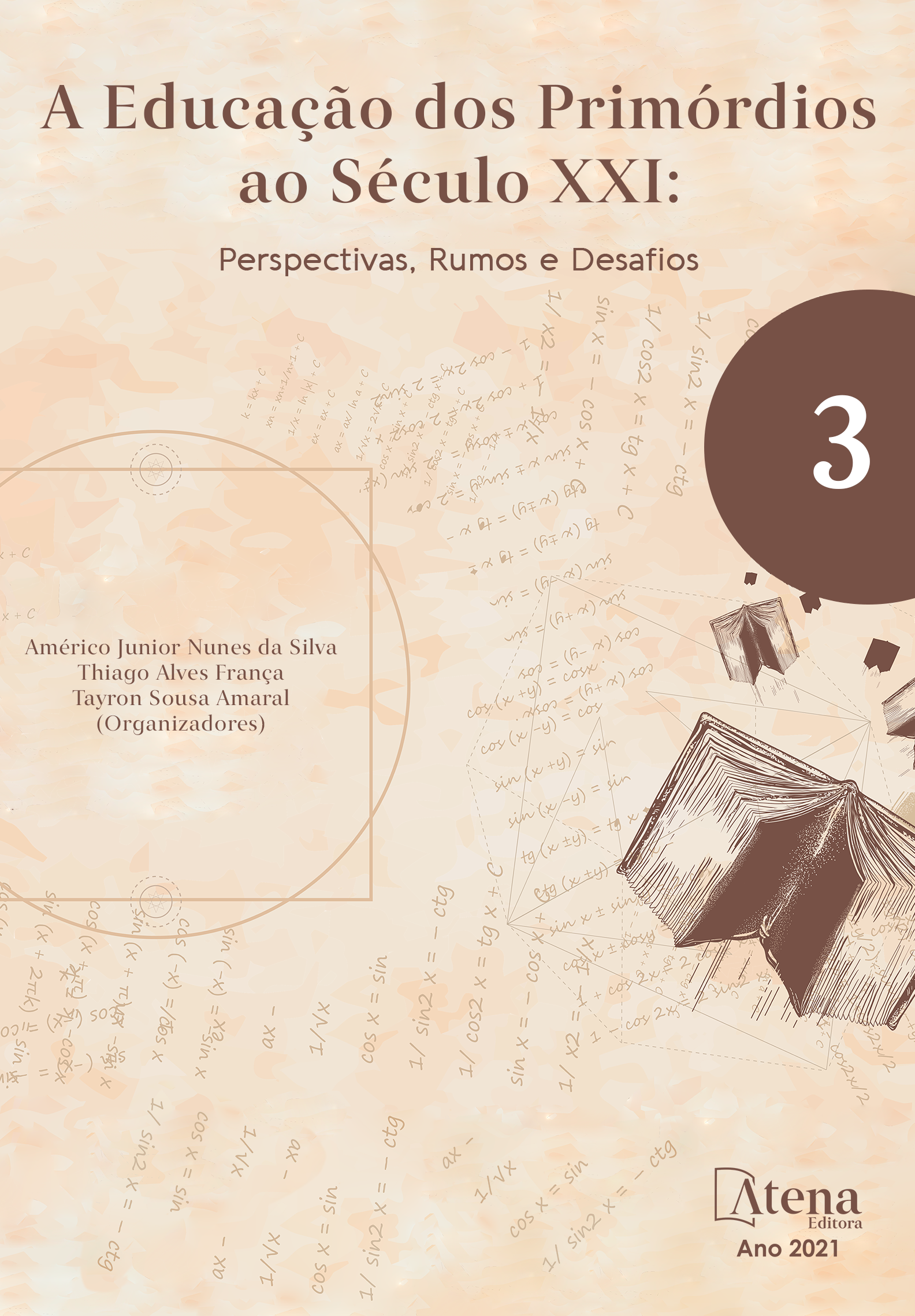
APRESENTANDO A AGROECOLOGIA PARA CRIANÇAS DO ENSINO FUNDAMENTAL ATRAVÉS DE METODOLOGIAS PARTICIPATIVAS EM ESCOLAS DO CAMPO
A agroecologia enquanto ciência torna interdisciplinar as diferentes áreas de conhecimento, especificamente no ensino de crianças, a mesma busca tratar de forma contextualizada com as realidades dos sujeitos as temáticas abordadas, fazendo com que se sintam parte do processo. Com isso, o referente trabalho objetivou apresentar a agroecologia dentro das diferentes dimensões: social, ambiental e econômica, de forma didática e contextualizada para as crianças do campo, diferenciando do agronegócio através de elementos representativos presentes em seu contexto de vida. Para isto, utilizou-se uma abordagem qualitativa de caráter observante e participante, junto de metodologias participativas. Podendo concluir que o desenvolvimento de experiências com dinâmicas místicas e reflexões acerca dos temas referentes, permite a potencialização de percepções destes temas, ampliando a visão dos educandos, contribuindo para o processo de formação de sujeitos conscientes e preocupados com a harmonia do homem com o meio ambiente em que vive.
APRESENTANDO A AGROECOLOGIA PARA CRIANÇAS DO ENSINO FUNDAMENTAL ATRAVÉS DE METODOLOGIAS PARTICIPATIVAS EM ESCOLAS DO CAMPO
-
DOI: 10.22533/at.ed.4722108033
-
Palavras-chave: Agroecologia, ensino de crianças, metodologias participativas
-
Keywords: Agroecology, children’s education, participatory methodologies
-
Abstract:
The Agroecology as a science makes the different areas of knowledge interdisciplinary, specifically in the teaching of children, the same seeks to deal in a contextualized way with the subjects' realities, the themes addressed, making them feel part of the process. Thus, the referent work aimed to present agroecology within the different dimensions: social, environmental and economic, in a didactic and contextualized way for rural children, differentiating from agribusiness through representative elements present in their life context. For this, we used a qualitative approach of an observant and participatory character, together with participatory methodologies. It can be concluded that the development of experiences with mystical dynamics and reflections on the related themes, allows the enhancement of perceptions of these themes, expanding the students' view, contributing to the process of training conscious and concerned subjects with the harmony of man with the environment environment in which you live.
-
Número de páginas: 7
- Wedson Aleff Oliveira da Silva
- Letícia Andrade Alves de Oliveira
- Maria Gabriela Galdino dos Santos
- Amanda Dias Costa
- Albertina Maria Ribeiro Brito de Araújo
- Vinícius de Souza Teixeira


